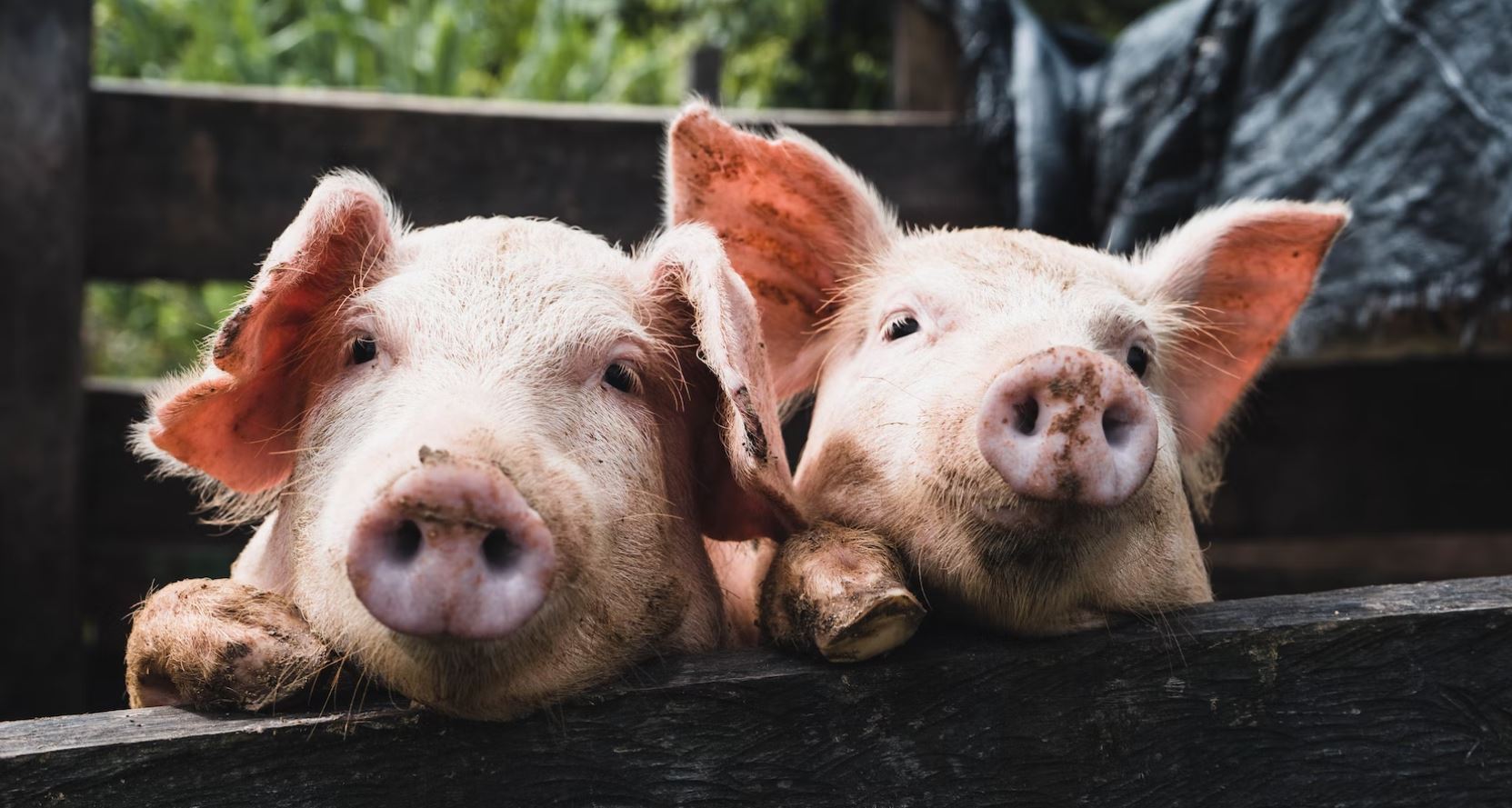

In response to the rising threat of diseases such as African Swine Fever, the government of Saint Lucia is making concerted efforts to strengthen and grow the country’s pig farming industry.
A collaborative initiative between the Food and Agriculture Organization of the United Nations (FAO) and the Ministry of Agriculture, Fisheries, Food Security, and Rural Development has seen pig farmers and technicians in Saint Lucia engaging in a series of training sessions launched in July 2024.
According to a press release, the training program, delivered under the FAO’s Technical Cooperation Programme and supported by the Farmers’ Organizations for Africa, Caribbean, and Pacific (FO4ACP) programme, focused on enhancing health and animal husbandry practices.
The initiative is part of a broader medium-term strategy to boost the pig industry, aiming to improve production efficiency and meet commercial demand for high-quality pork.
Participants in the training received crucial knowledge on biosecurity measures, disease identification, prevention, and management.
Additional topics included proper nutrition, effective breeding practices, hygienic protocols,and available vaccines for disease control. By improving farming practices, the training session organisers expect healthier livestock, better economic outcomes, and more robust food production systems for the benefit of farmers and consumers.
As part of the training, the FAO also conducted field trials on Artificial Insemination (AI).
Elina Ponthonnier, an Agricultural Officer with the Ministry, remarked on the benefits of AI, noting, “We are hoping to improve our breeds. Artificial Insemination is simpler than I thought it would be and it would be more profitable to use than keeping a boar on the farm, because it costs more to have a boar and more trouble to control a big male pig than using AI.”
Juan Cheaz Pelaez, FAO Trade and Markets Officer for the Caribbean and the Lead Technical Officer for the project, emphasised the need for continuous training and strategic development of the pork value chain.
“Improving the way farmers and technicians farm pigs for the domestic market is a key part of the plan for long-term development of the pork value chain,” he said.
He also noted that the science of farming is constantly evolving, and farmers need to remain productive by adopting modern techniques and staying aligned with industry standards.
Kenny Daniels, a member of the National Pig Farmers’ Cooperative, highlighted the importance of collaboration among stakeholders to enhance and protect the local pork industry and has urged local producers to consider value-added production, such as offering cuts like tenderloins, loins, and belly, instead of selling whole sides to butchers.





